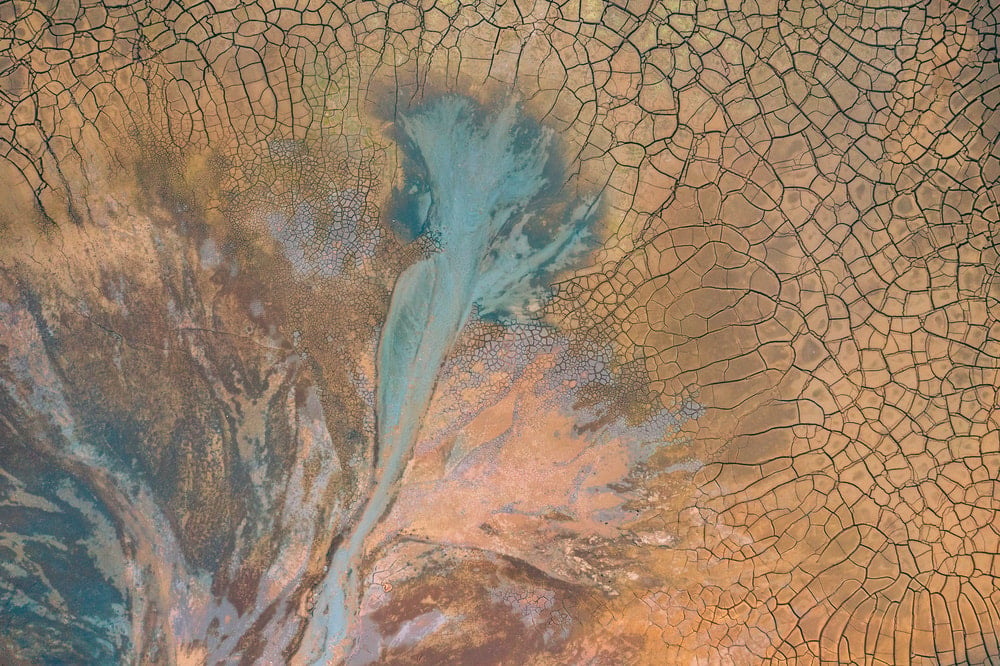The dangerous threshold has been crossed, the crisis is at the door: 'It will have devastating effects'

A study titled "Global Tipping Points," led by Prof. Tim Lenton from the University of Exeter, has revealed this staggering picture. According to the report, global warming has crossed a "climate tipping point" for the first time, meaning some ecosystems are suffering permanent and irreversible damage. Warm-water coral reefs, in particular, are among the hardest hit.
'IT DESTROYED IN AN UNPRECEDENTED WAY'Coral reefs have largely collapsed. Global temperature increases currently stand at 1.4°C, but coral reefs can only withstand a limit of between 1 and 1.5°C. Scientists believe that for reefs to survive, the global average temperature must be brought below 1.2°C.
This suggests that the reefs have already crossed a "thermal threshold." The report stated that the largest coral bleaching in history will occur between 2023 and 2025, and that reefs will be destroyed on an "unprecedented" scale during this period.
FOOD CRISES MAY OCCURBut it's not just coral that's at risk; polar ice caps are too. The report emphasizes that glacial melt may have reached a point of no return, potentially leading to meters of sea level rise.

The dangers don't end there. The mass collapse of the Amazon rainforest and the potential stalling of the Atlantic Meridional Overturning Current (AMOC) system even below 2°C indicate that the climate crisis could have devastating impacts on global food, water, and weather conditions. These scenarios could mean harsh winters in Europe and food crises worldwide.
'ONCE THE THRESHOLDS ARE CROSSED, IT IS TOO LATE TO ACT'The report emphasizes that greenhouse gas emissions must be halved by 2030 and reduced to zero by 2050. The statement, "Once thresholds are exceeded, it is too late to act," states that preventive steps are the only safe strategy.
Despite the gloomy outlook, the report also highlights some positive developments. The widespread adoption of solar energy and electric vehicles, in particular, are considered examples of humanity's continued power to transform.
SÖZCÜ




